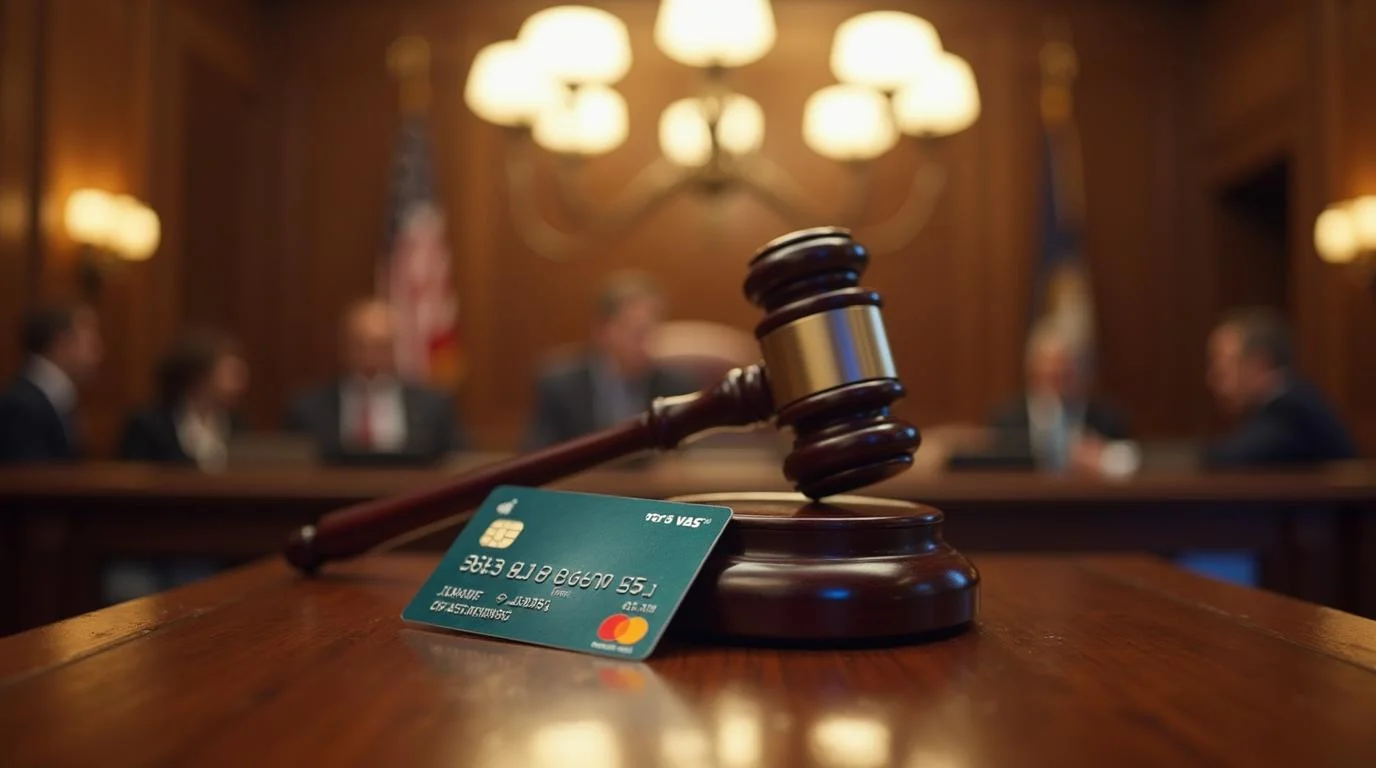Rhode Island Turns Up Heat on Offshore Sports Betting
Rhode Island regulators are intensifying efforts against illegal offshore sportsbooks, launching investigations and issuing cease-and-desist letters to major operators.
The crackdown comes as the state considers opening its legal sports betting market to more operators beyond the current monopoly arrangement.

1.0
Default
Regulators Target Offshore Sportsbooks
Rhode Island regulators are cracking down on offshore sportsbooks, ordering investigations and sending cease-and-desist letters to major illegal operators.
As Rhode Island weighs opening its sports betting market to more operators, regulators are tightening the screws on offshore sportsbooks and casinos.
The Providence Journal reported last week that Rhode Island Attorney General Peter Neronha ordered an investigation into illegal online gambling sites. The order came after a request from the Department of Revenue.
The Rhode Island Lottery, which is overseen by the Department of Revenue, this summer sent six cease-and-desist letters to offshore sportsbooks. The six letters went to:
- BetUS
- BetOnline
- Bovada
- MyBookie
- WildCasino
- YouWager
Could Rhode Island Sports Betting Market Grow?
The illegal crackdown comes as Rhode Island officials look at potentially expanding the market.
International Game Technology (IGT) is the only legal sports betting operator live in the state, operating the lottery’s Sportsbook RI app through an exclusive contract. The lottery, however, opened a Request for Information process earlier this year to gauge interest from other operators.
Eight operators responded to the request by the 22 August deadline:
- Bally’s
- BetMGM
- DraftKings
- Fanatics
- FanDuel
- IGT
- Kambi
- OpenBet
Bally’s is based in Providence and operates two casinos in the state, as well as online casino, which launched in 2024.
A bill to end the monopoly passed the Senate this year, 30-3, but failed to pass the House. The bill and lottery’s process comes following a Spectrum Gaming Group study this year that recommended adding at least three operators to the state ecosystem.
“With legalised sports betting flourishing across the country, there is ample evidence on how this new industry works best for consumers and the state,” bill sponsor Senator Frank Ciccone said during the Senate approval. “And what we are seeing is that having only one company exclusively operate is not in the best interests of consumers or from a revenue-generating standpoint.”
Offshore Sportsbook Crackdowns Across the US
State regulators across the US have sent hundreds of cease-and-desist letters to offshore and unregulated gambling operators in recent months. That includes offshore sportsbooks, as well as unregulated, dual-currency sweepstakes operators.
The Michigan Gaming Control Board alone has sent more than 100 cease-and-desist letters to illegal operators.
“We remain fully committed to ensuring a fair, safe and lawful gaming environment for all Michigan residents,” MGCB Executive Director Henry Williams said. “Our actions today underscore our unwavering dedication to holding illegal operators accountable.
“Shutting down these unlicensed platforms is critical not only to maintaining the integrity of Michigan’s regulated gaming industry. It also helps to protect Michigan residents from predatory practices and unreliable gambling experiences.”
This year, California and other states passed bills prohibiting dual-currency sweepstakes operators. Louisiana Governor Jeff Landry vetoed legislation in his state to ban the operators, maintaining that regulators already have the power to enforce state gambling rules. The Louisiana Gaming Control Board then sent 40 cease-and-desist letters to illegal and offshore operators.
Multiple states also sent cease-and-desist orders to prediction markets for offering sports event contracts. Those orders led to state and federal lawsuits focused on whether they constitute illegal sports betting and circumvent state laws. The prediction market operators argue they are federally regulated by the Commodity Futures Trading Commission.



















